Announcing the First Steem-Powered University Course: Mining the Year 1918 at Temple University
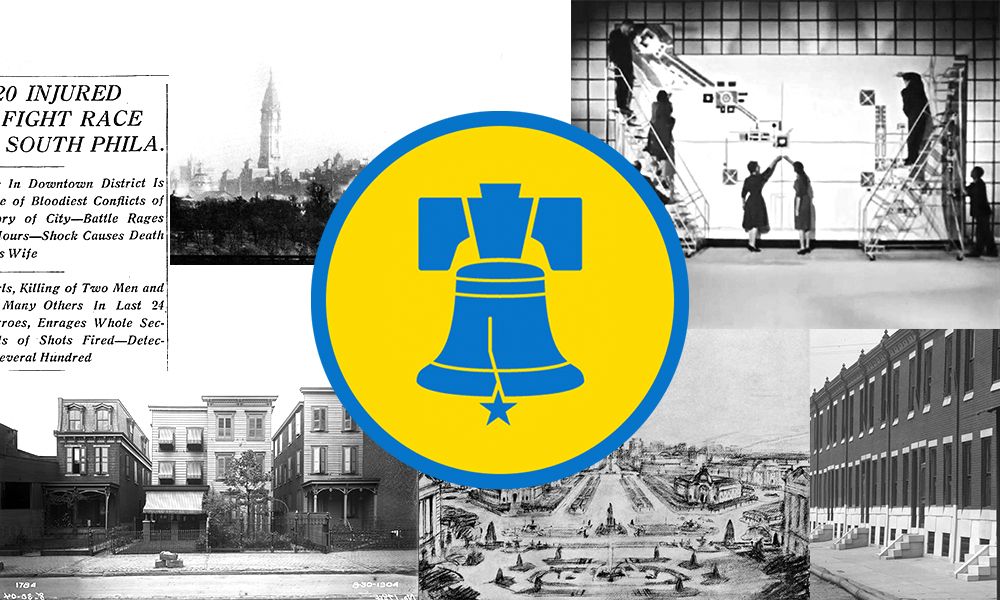
In partnership with @sndbox, this Steemit account will be a platform for a graduate level course at Temple University: “Nonprofit Management for Historians” (History 5151) with Professor Kenneth Finkel, @kenfinkel in the College of Liberal Arts at Temple University (Philadelphia, US).
A Forum to Explore History, Empower Education and Endow Meaning
So you might want to “audit” my graduate course, History 5151? Welcome! (And if not, you are still welcome!)
We’re going to get to know more about a niche in the non-profit organizational landscape, those places carved out by society where history and the public cohabitate. If you are thinking about a career in this sector, get ready to deal with an array of complex issues and challenges that await you. We’ll explore many of these during the upcoming semester. We’ll consider the meaning and significance of the idea of Public Trust in a mission-driven organization. We’ll become versed in practices and standards from strategic planning to collection management and public programming. Students will explore the upside and downside of emerging trends, including innovative collaborations and mergers. When all's said and done, students of History 5151 will be better prepared to enter a world where survival is defined by adaptability.
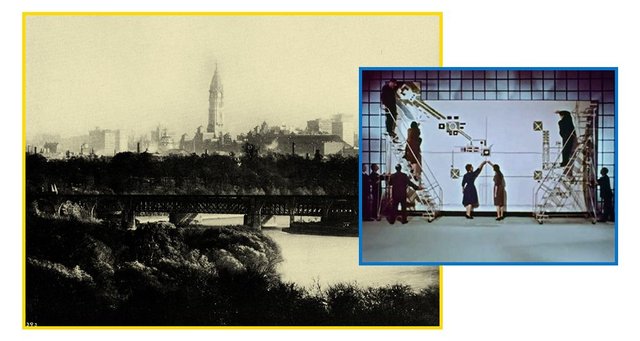
- “Nonprofit Management for Historians” is a course in Temple University’s Center for Public History (CPH), a place “that provides training in museum and historic site management, digital history, historical interpretation, and community history.” CPH students intern “in the shadow of Independence Hall, wander the back rooms of our nation’s oldest museums, and explore new possibilities for digital pasts at some of the most historically significant sites in the United States.” Graduates become ”mindful of community, collaborative practice, and the fraught politics of shared memory” and land positions as historians “wherever they are needed–from house museums to the halls of government.”
Since 2011, Professor Finkel has written 210 historical essays illustrated with vintage images from the Philadelphia City Archives. You can see them online here at PhillyHistory.org. Previous to that, Finkel has written several books, including Nineteenth-Century Photography in Philadelphia (published in 1980) while he was curator of prints and photographs at the Library Company of Philadelphia, an institution invented in 1731 by Benjamin Franklin and friends.
Blogging and Empowering through Steemit
Steemit is a blog-focused social media platform that allows content creators and curators to earn Steem (a token, or digital currency) by blogging and upvoting other online content at Steemit. This new online environment has created a game-like experience where points can be collected by sharing various types of media content. Thousands of writers, developers and artists currently use this open-source economy to crowdfund for projects while simultaneously building appreciative audiences and followers.
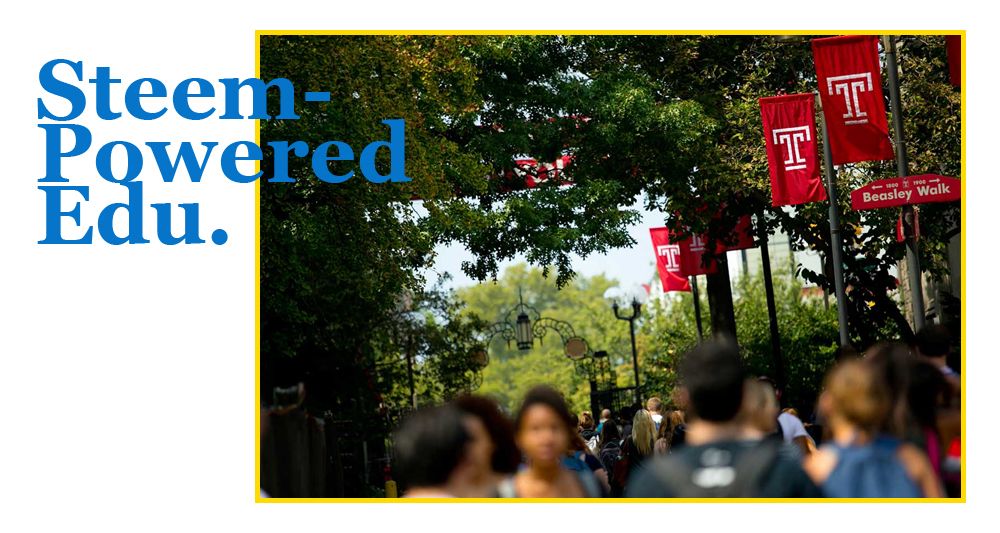
Steemit as a Forum for Education and Catalyst for Attention
Each student in this course will create their own Steem account, using it to blog, document and share their ongoing research and commentary. This account - @phillyhistory - will be used to compile research, evaluate it (through @sndbox upvotes), share it with the wider community and serve, in a sense, as a public space. (Sndbox is an incubator on Steemit that supports educational projects and community initiatives, learn more here.)
There’s more: Since this project will be developed on Steemit there’s the opportunity to build not only community interest, but to address local community needs. Steemit’s capacity as a mechanism to fundraise for projects will be deployed right here, through @phillyhistory. This project is inspired by and borrows from the original project (by @sndbox) carried out during the Summer of 2017. That landmark project was “the first public-interest project supported completely by public interest.”
STEEM Park is a public garden designed and funded exclusively through Steemit.com, a social media website that rewards impactful content with digital currency (STEEM). This garden within Herbert von King Park represents an entirely new way to empower community projects and celebrate special places within our neighborhoods… and is proof-of-concept that local community projects can be initiated and sustained through a global attention economy.” (Learn more here.)
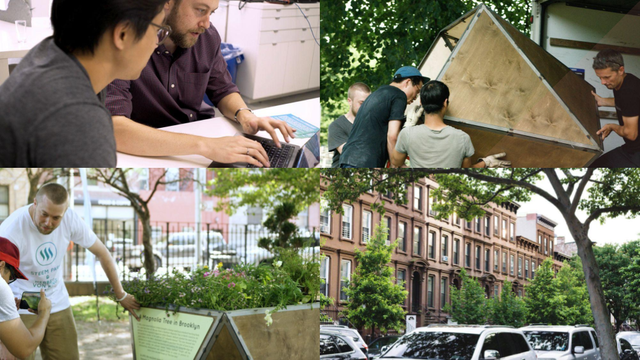
- Steem Park design process. Located in Brooklyn, New York.
What will this upcoming course, History 5151, explore?
For the Spring 2018 semester, Temple University students, faculty, followers and friends will have opportunities to access extensive collections of artifacts and archives throughout the city’s history institutions, with a special focus on the Philadelphia History Museum. The course will mine lost narratives embedded in historical holdings and will breathe 21st century life into vintage collections.
The Philadelphia History Museum collection consists of more than 130,000 artifacts including furniture, paintings, prints, photographs, books, signage, tools, clothing, maps, architectural models, scrapbooks, clocks, carts, etc. In teaming up with Temple, the PHM is exploring new strategies to enliven and enrich its massive holdings, a collection that is largely curated behind closed doors and locked drawers.
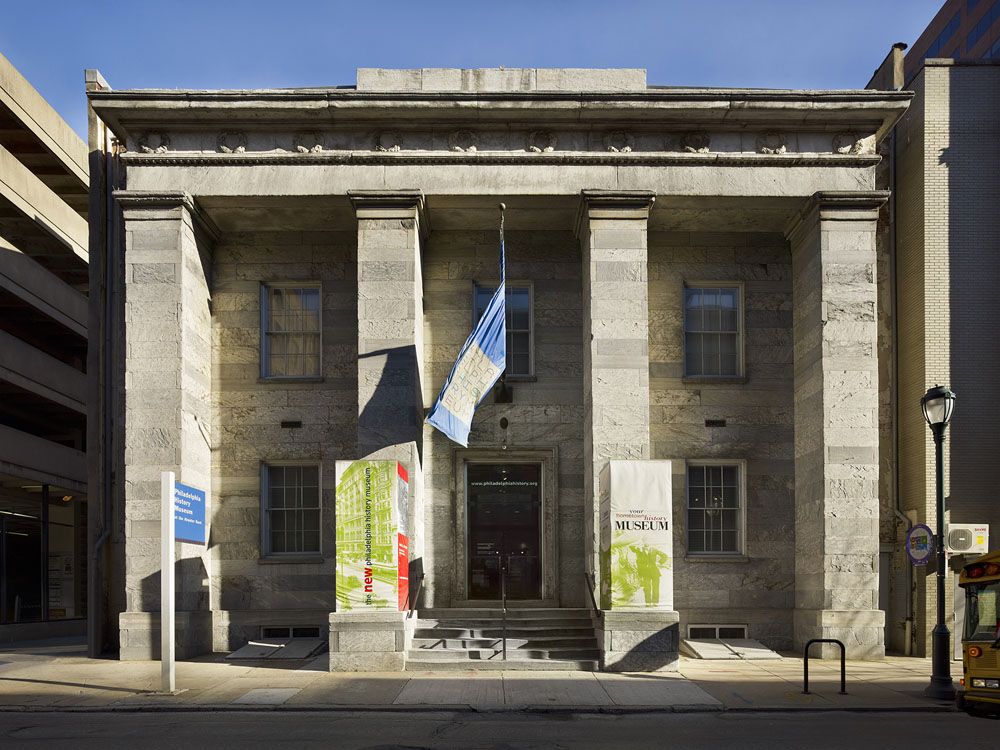
- The Philadelphia History Museum, 15 South 7th Street, Philadelphia. (Source)
Through Steemit, our goal will be to excavate, highlight and narrate hidden stories. We’ll be asking lots of questions:
- What are the stories from the past that we want to explore?
- Which stories deserve to be retrieved from the edge of oblivion?
- How many are crying out for fresh reinterpretation, to be shared, mourned or celebrated?
How to even begin? This class will start by focusing on that question; we'll start by creating a window into the world as it existed 100 years ago, in 1918.
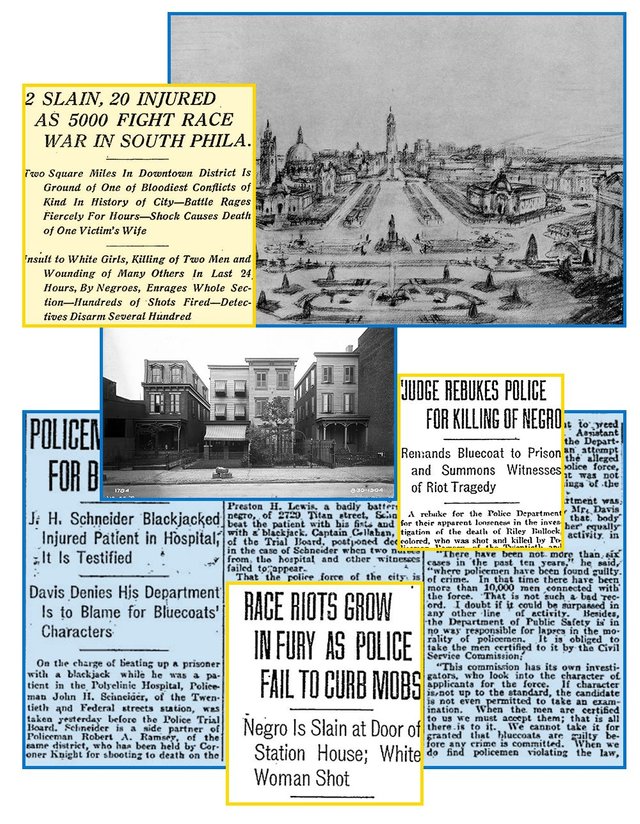
Why 1918?
More than most other years, 1918 was particularly rough, robust and even pivotal - not only in Philadelphia but throughout the United States and around the world. The events that occurred in Philadelphia that year can be used as a powerful lens for what took place elsewhere. In 1918 Philadelphians experienced a coal famine, race riots, labor strikes, police murders, an influenza pandemic, world war, xenophobia, soul-saving preachers and much more. In 1918, the city proposed a revitalized design of it’s center and reformation of its politics. In all, the events of 1918 and the artifacts that represent them offer up narratives that are waiting to be explored, recontextualized, re-interpreted and remembered.
.jpg)
- Jacques Greber's sketch for the Parkway, 1918.
Course Timeline
The class begins in mid January, 2018 and continues for the 16-week Spring semester until the middle of May. Students and faculty will begin with a Steemit workshop conducted by @sndbox in Philadelphia and work strategically (and transparently) through the semester constructing a dynamic body of shared narratives. Appropriately, these efforts will be tagged #explore1918.
The culmination will be a public history/public art project, leveraging the Steem earned throughout the semester in order to create resources that the Philadelphia History Museum would share with the broader public. Exactly what might that be, where, and what might it look like? Well... that’s all part of what students and followers of History 5151 are going to be dealing with. And what we’re going to be talking about right here on Steemit.
Stay tuned for updates as we get closer to the beginning of 2018. Over the next couple of weeks we’ll be sharing more, including details and ways you (the Steemit public) can get involved in what we expect will be a great #explore1918 experiment.

This is a fascinating step for the world of education and non-profit organizations. Utilizing 21st century resources like Steemit/Steem to broaden the conversation and empower lost narratives is very exciting!
We're thrilled to be a part of this #explore2018 initiative and look forward to engaging with the students of this course as they explore and "mine" history.
From our point of view, it could be interesting to add a "CHANNEL FEATURE" to STEEMIT. So, if someone is organizing different online courses or writes on different topics, he could split the posts in dedicated channels and users could decide to follow just one channel or the other.
This could be very useful if a University is proposing different courses in Steemit and users want to follow just one of them. With channels they won't have to follow all the courses.
Another interesting feature would be the possibility to save content (i.e. favourites), so that if you find some interesting article you don't have time to read there's no chance to lose it.
Steemit is at work on implementing a “communities” feature which will most likely resemble moderated sub-reddits. Hopefully they’ll arrive soon and serve that function.
I’d also recommend looking into ChainBB. The forum structure it creates could be very conducive to this type of endeavor.
This wouldn't have happened without the experimental early work, technical assistance and support provided by the team @sndbox! Thanks for showing the way and inspiring the participation of others.
The experiment continues using historical place and time...
thanks dear
This is such a wonderful initiative @phillyhistory.... I wish you the best as you start wih the procession of this course....
A platform like steemit would be very instrumental in broadening the scope of education as we know it. An example is this present project
#explore1918 is the bomb
Thanks, @gotgame! I had been searching for an approach that could be boiled down to a tag that would serve our interests (micro) and speak volumes about the potential of this platform (macro). So glad to have landed on #explore1918!
this is fantastic - what a great privilege for us to be able to audit a graduate level course! what a paradigm shift this is. sign me up
You are more than welcome, @natureofbeing! As I see it, and I'm sure the students in Temple's Public History program will agree, they have more to learn and to gain about the true nature of public interest by conducting their studies in a public (or quasi-public) setting. (Our weekly real-life, face-to-face classes are not open... Not yet, anyway.)
Education and the Steem blockchain! Very exciting to see this. Can't wait to see what the students come up with / how they engage the community here.
I think the combination of being global, transparent and experimental will get the students off to an exciting start. A perfect storm for innovation, I think. We'll see what they make of it. And what the reactions are.
Welcome, @phillyhistory. I am really looking forward to learning more from #explore1918 and supporting this project. The Steem blockchain can empower people all over the world and this is a great use for it. I hope to see Philly one day in person and check out the Museum. So much history in this country, I still have quite a few places on my list to see. Cant wait to see what you guys come up with! Welcome to Steemit!
Thanks for your support @thejohalfiles! It'll be a very interesting project, one that will depend on ongoing participation from you and others. Online and (someday) on the ground.
Its looks very interesting
So cool!! @mochawoo check this out!
Your post was resteem by Whale ResteemService @booster007
Keep it up!
All the best!
First Follow for 3 hours | Send a minimum transaction 0.100 steem/SBD with post URL in memo | Your post gets resteemed | A post can only be resteemed once!
I am excited to see Steemit reaching the arena of "structured education". I firmly believe it is the future architecture of academia. If we are interested in auditing this course, do we need a separate Steemit profile, or can we use our existing profile?
Thanks for your interest. No need to make another account @swenger. Anyone can participate simply by following @phillyhistory and using the #explore1918. As an educator, it'll be interesting for me to blog about the transition to this platform.
I commend and salute you for being on the "cutting edge" and taking on the challenge of the trailblazer role.
I love this, the future is bright for us all. Let's decentralize everything.
Yes! The Philadelphia history community has for more than a century been so centralized and so inwardly focused. This project might just be a needed breath of fresh air. Thanks @duane.dos!